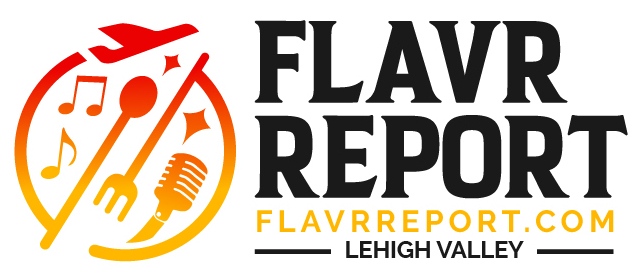EDITOR PICKS
POPULAR POSTS
ABOUT US
Daily Ovation Media and FlavRReport have over 20 city guides covering the best in food, drink, entertainment, sports, and health in the world’s busiest cities. Meet the chefs, mixologists, entertainers, athletes, and business owners with us and get inspired (and hungry) from their stories.
Contact us: Joe@FlavRReport.com
© Flavrreport


